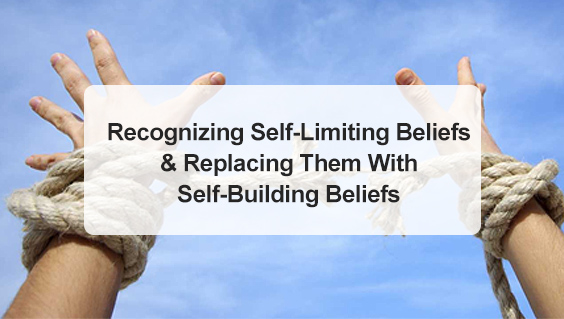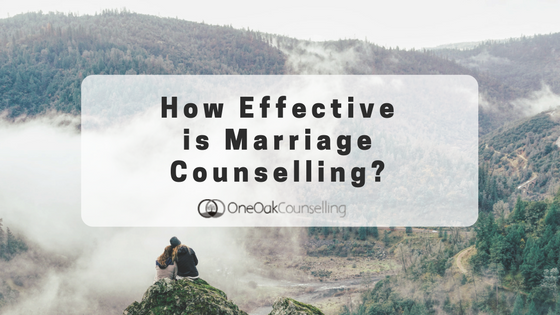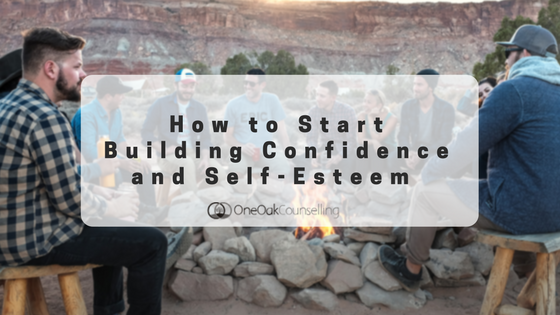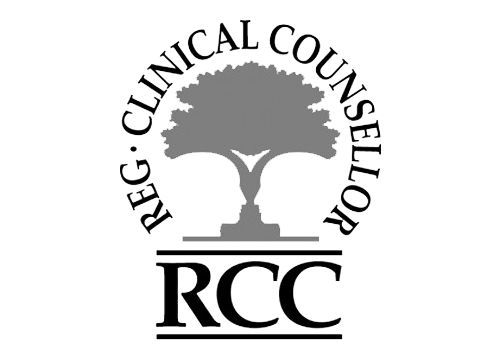The Canadian Mental Health Association determined that 20% of Canadians will experience mental illness within their lifetime. Only 51% of people with anxiety and depression have actually gone to see a medical health professional. Those numbers aren’t ideal especially when we consider how important our mental health is.
It can be hard to identify when you’re feeling stressed, or when you’re suffering from an anxiety disorder. You might feel miserable and mistakenly call it a “normal” part of your life. The state of your mental health can quite often dictate your quality of life. The problem is you might not even know that something is wrong.
Mental illnesses can not only affect you, but also your loved ones. To live a happy and healthy life, you need to have some self-awareness about how you feel and seek professional help if required. Below are 5 signs to look out for if you feel you or someone you love needs to see a counsellor.
You’re avoiding something
It’s quite easy and common for us to avoid things that make us uncomfortable. Those dishes can wait. You can do your laundry later. That essay can wait until next week. These are all things that are a common form of procrastination . When it comes to your mental health, it’s fairly unhealthy to continue avoiding the problem that’s bothering you. You know that already, but it feels so much easier than facing it head on.
Participating in social situations might be challenging at times, or even being in the same room with certain people. It is recommended that you look into professional help if you find it difficult to leave the house to go to most events.
There’s an underlying reason that’s making you want to avoid these uncomfortable situations. You may or may not know what that problem is, but with the help of a counsellor you can take the next step towards healing.
You’re always stressed out
Stress is a strange feeling – you start to feel stressed when you think something requires your attention. The feeling of stress can be used as a motivator, but too much stress can actually hurt your day to day life. It might be time to seek help once that stress carries over to every aspect of your life.
Excessive stress can impact anxiety, depression, or other health issues. It’s important that you recognize when you’re under too much stress. If you feel that you are always stressed, you should speak with a health professional.
Depending on your situation and past experiences, they may recommend you speak with a counsellor. A counsellor will be able to guide you through the process of managing and coping with these stressors.
You feel alone
It’s great having someone you can speak with, especially during the tough times. When your family or friends lend their ears, and listen to your problems, it can make you feel so much better. Communicating and expressing your feelings with someone you trust is a very therapeutic experience.
However, it can also get tough when you are seeking help from the people around you. They may not be readily available, especially when you are looking for someone to speak with regularly. It can also be difficult because you might be running out of people to talk to. Your family and friends are there to support you, but at one point they may get overwhelmed as well.
A counsellor will be able to listen to you on a regular basis, while offering the guidance required to nurse yourself back to a healthier place.
You use substances to deal with your problems
A glass of wine to celebrate a promotion isn’t a problem. Enjoying some whiskey on a Saturday night isn’t a problem either. Indulging in alcohol or drugs becomes a problem when you’re frequently trying to use substances to supress your feelings about something.
An increase in alcohol or drug consumption is a telltale sign, one that the people around you may notice before you do. You might have suffered something traumatic or feel that stress is taking over. When you can’t stop thinking about what bothers you, it’s easy to start looking for substances that will numb your negative feelings.
Your substance of choice doesn’t necessarily have to be in the form of narcotics or alcohol. There’s a possibility you might default to consuming food as well. Once your relationship with a habit changes, it’s important that you examine why and seek some help.
You’ve been told to see a counsellor
Approval and recognition from others are needs that are basic to humans. When you hang out with coworkers, friends, or family members, you want to be accepted. Being a part of a group that makes you feel comfortable is important. When you’re comfortable, it’s normal to express how you feel about things. Until you hear the following sentence:
“You need to see a counsellor.”
Depending on who you’re speaking with, those aren’t the most encouraging words to hear. The thing is when somebody tells you to see a counsellor, there’s a negative connotation that goes along with it. It’s assumed that there is something wrong – that you need help.
There’s nothing wrong with getting professional help. With the recommendation of a mental health professional, your counsellor will be able to assess your current state of mind. Accepting help from others, especially professionals, can take you that much closer to living a happier life.
Conclusion
It takes a lot of strength to tell a stranger about what worries you. When you’re considering the help of a medical health professional, it’s important to be proactive. The chances are if you feel like you need help, you are right. If you are still unsure about seeing a counsellor, you can take this quiz provided by PsychCentral to do a quick self assessment.
You want to be able to love the life you live, and achieve the goals and objectives you set for yourself. Finally learning to let go about what’s hurting you or causing you stress is possible with the help of a counsellor. At One Oak Counselling, we can provide you with a free 30-minute consultation to see if counselling is right for you. Simply fill out the form below or give us a call, and we’ll be here to listen to you.





